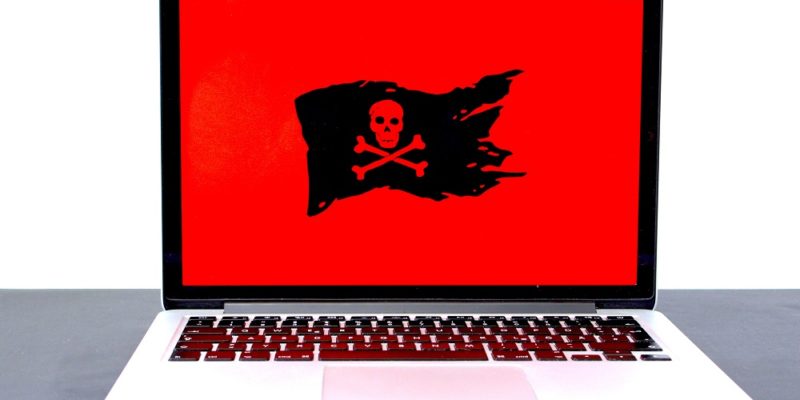 Shopping with Fraud Protection and Adaptive Artificial Intelligence
Shopping with Fraud Protection and Adaptive Artificial Intelligence
With the worldwide pandemic, consumer behavior has shifted significantly. There has been substantially less travel — employees haven’t been driving to the office, flying on planes, or taking cruises. Many have gone out less, stopped going to movies, and don’t hang out on Friday night after work. This has caused a major disruption in the…





